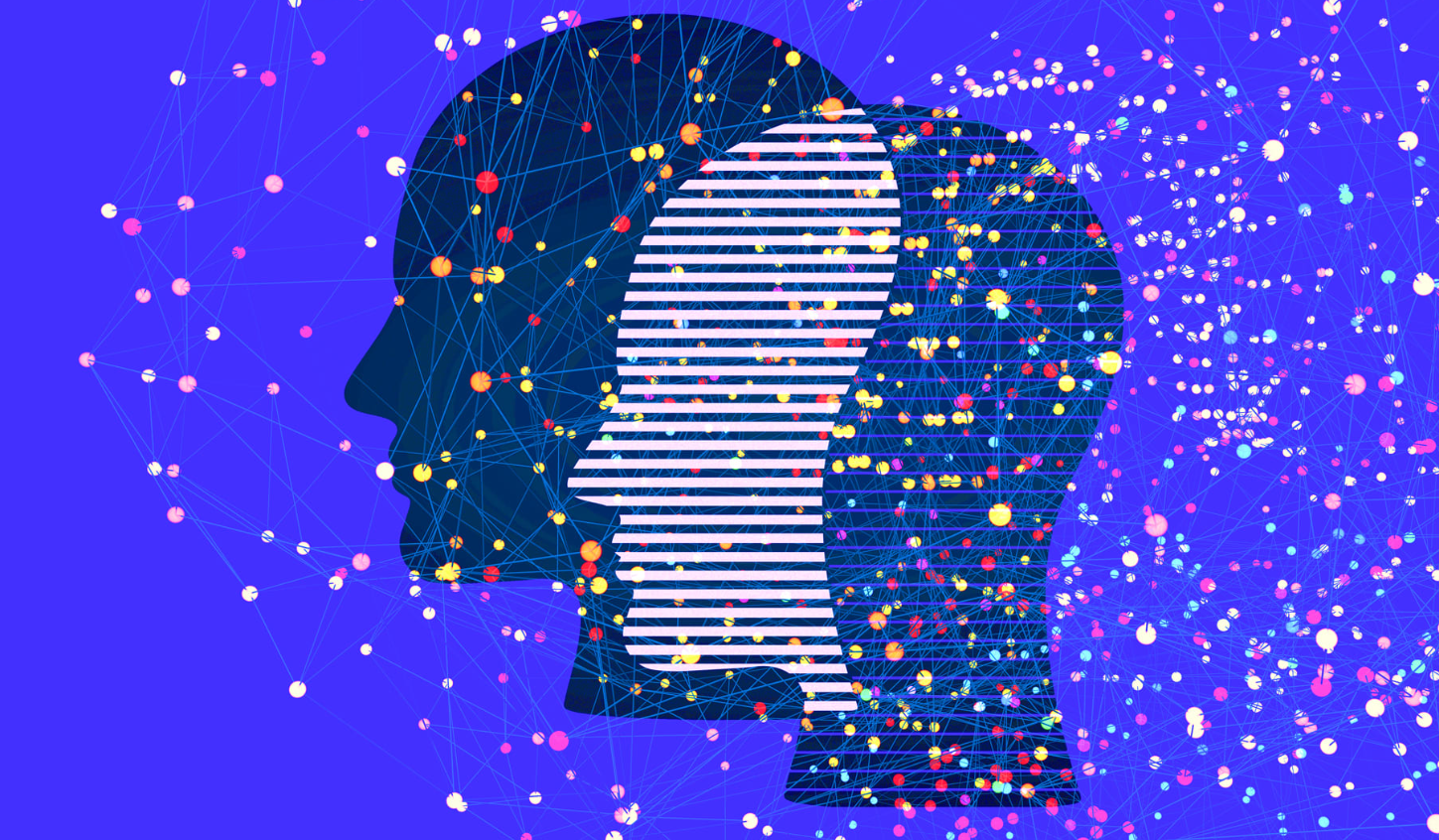The concept of people uploading their consciousness to the cloud is seen in science fiction movies, but in this digital age, with advancements in neuroscience, artificial intelligence, and cloud computing, this concept is now becoming a reality.
Table of Contents
Many people are now seeking digital immortality as a way to preserve their rich ideas for future generations, and some even go to the extent of transferring their consciousness into a cloud.
While this concept becomes increasingly possible, we must ask: If I upload my consciousness to the cloud, who owns me? Can it be owned, and by whom?
Definition of digital consciousness
Before discussing the legalities and ownership of your consciousness in a cloud, we must explain what uploading consciousness means.
Uploading consciousness is the theoretical process of copying and scanning a person’s state of mind and consciousness into a computer or cloud-based system. It is often referred to as digital consciousness. The consciousness uploaded into the cloud can live beyond the biological body of the person, as the digital consciousness is stored in a central server, a distributed cloud, and sometimes on a supercomputer.
While this concept has not yet been achieved, projects like Neuralink (founded by Elon Musk) and The Brain Initiative by the U.S. National Institutes of Health are making headway in neural interfacing.
Although it might take decades or centuries to achieve these feats, the legal debate on who owns your digital consciousness has already started.
What is the legal status of the digital you (your uploaded consciousness)?
Most jurisdictions around the world recognize legal personhood only for biological humans and organizations with legal standing.
In the United States, the 14th Amendment protects the rights of persons. Under the 14th Amendment, a ‘person’ refers to an individual and corporations in certain contexts. The legal system of the United States does not recognize a digital entity as a person.
There is no legal precedent on how the law treats digital persons. Since there is no legal precedent, legal systems and courts need to establish whether a digital copy with the same mind, qualities, and personality can be recognized as a ‘person’ or data owned by a company or an individual.
Most legal systems and scholars treat artificial intelligence (AI) as property of the developer or the system owner. Therefore, if uploaded consciousness is categorized as an advanced AI, then it could be treated as property subject to the terms of service (ToS) of the company hosting.
Who owns your uploaded consciousness?
Uploaded consciousness is recognized as an advanced AI, which means it can be considered intellectual property. Intellectual property refers to the creation of the mind. This includes inventions, literary and artistic works, designs, and symbols. The concept of uploaded consciousness is still uncharted waters and some parallels can be drawn from intellectual property law. Under United States copyright law, a digital work requires a human author for it to be protected. But in the case of uploaded consciousness, the author and the content are the same, making its ownership murky.
However, if the process of uploading the consciousness translates the mind into software codes, then your consciousness could be treated as software. Under the Digital Millennium Copyright Act (DMCA), software is intellectual property. In this case, an argument can be made for three possible owners:
- The person whose mind was scanned and uploaded
- The company that developed the upload technology and infrastructure.
- Other parties include the government, family, and corporations that have an interest in the uploaded consciousness.
In copyright cases in most jurisdictions, ownership normally goes to the original creator of the work. But in a case of uploaded consciousness, who owns the copyright? Is it the original person, the digital self, or the entity who owns the platform?
Contractual and Terms of Service (ToS) issues
Before you are allowed to upload your consciousness to a cloud, you will sign a terms of service (ToS) agreement with the platform or company managing the cloud’s infrastructure. These terms of service (ToS) contract will spell out how user data and content are handled.
If an individual’s consciousness is uploaded to a proprietary cloud, the terms may grant the provider the right to even delete, copy, modify, or monetize the person’s digital likeness.
While there are no laws granting digital persons legal rights, the control of one’s digital self is likely to be controlled by the owner of the server or cloud infrastructure.
Could the law change to grant digital persons legal rights in the future?
Currently, no law has granted legal personhood or ownership to uploaded consciousness (digital consciousness). There have been analogous debates among legal scholars and developers on work generated by AI, data ownership, and control of digital content.
In the near future, courts and regulatory bodies are likely to be faced with these options:
- Granting legal personhood and self-ownership to digital minds that have qualities similar to biological human beings.
- Treat uploaded consciousness as intellectual property belonging to creators or their heirs.
- Grant ownership to platform providers under the terms of service (ToS) or contract.
- Develop a new hybrid legal category for digital entities.
Can You Own Yourself?
Legally, you cannot own yourself in the same way you can own property. However, your uploaded consciousness, which is technically ‘digital you’ exists in a different legal space.
Supposedly, if your uploaded consciousness is software, then to own yourself would be to own the software. If you cannot separate yourself from the software, then you cannot own yourself legally.
Conclusion
Given the pace at which technology and artificial intelligence (AI) are advancing, lawmakers and regulatory bodies need to catch up.
For now, the concept of uploading consciousness is theoretical. It may be as real as what we see in sci-fi movies in the coming years.
Companies like Neuralink are achieving groundbreaking success in the implantation of their brain chip in a human.
Even if you manage to upload your consciousness to the cloud, the company providing the cloud infrastructure or platform will likely control ownership.
FAQs
Is it currently possible to upload human consciousness to the cloud?
No, as of 2025, uploading human consciousness to the cloud exists as a theoretical concept.
Who would legally own my uploaded consciousness?
As of 2025, no law exists that addresses the ownership of digital consciousness.
Is uploaded consciousness intellectual property?
Uploaded consciousness can be considered an advancement in artificial intelligence. It can be considered intellectual property.
Can uploaded consciousness be protected by human rights?
No, human rights protect only a biological person.

















